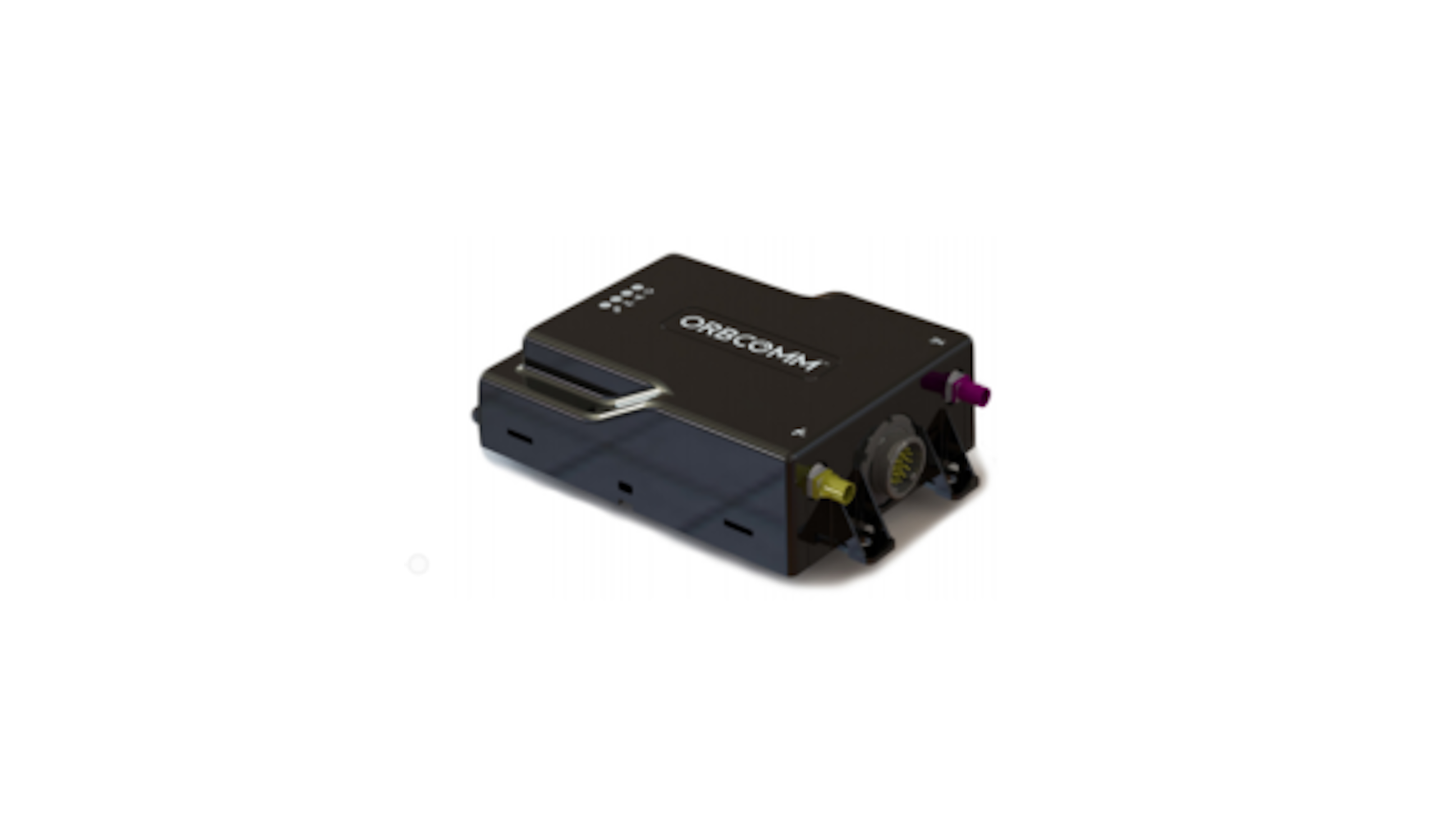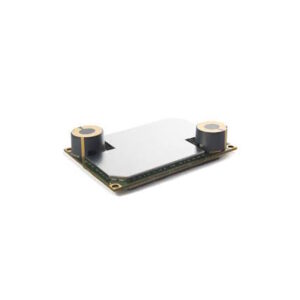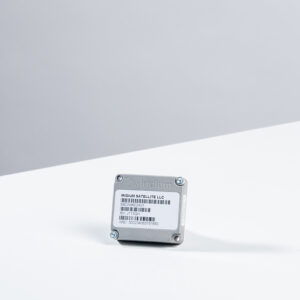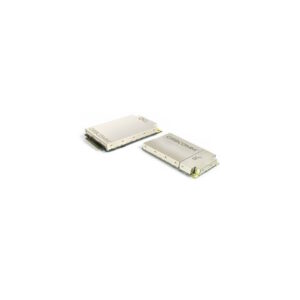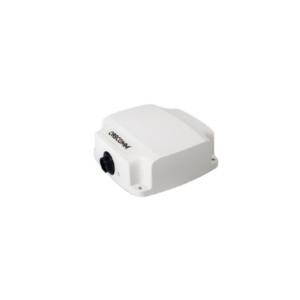ORBCOMM ST 9100
Login to view prices
Dual mode satellite-cellular terminal for diverse IoT applications
Description
A flexible, robust, and programmable dual mode satellite-cellular terminal. It is ideal for remotely monitoring and controlling fixed and portable assets. Versatile and environmentally sealed, the ST 9100 is perfect operating in remote and rugged environments.
Easy integration
The ST 9100 offers a flexible programming environment that supports the development of custom solutions, as well as support for ORBCOMM® configurable terminal apps. In fact, you can combine terminal apps with your own code to create a custom solution to speed time to market.
Development kit
The ST 9100 development kit includes all the hardware, software development tools, documentation, accessories and support to write and test your IoT solution for quicker time to market.
Feature-rich
Standard features include multiple I/Os, including analog/digital, 2 RS232, 1 RS-485/J1708, 1-Wire and 2 CANbus. 3-Axis accelerometer, Bluetooth connectivity and multiple SIMs are also supported.
Airtime savings
Use cellular or automatically switch between cellular and satellite for cost savings. Program the terminal to process data and send essential updates over the air.
Continuous operation
A backup battery enables reporting for more than 48 hours (1-minute cellular or 60-minute satellite reporting) when power is interrupted
Additional information
| Dimensions | • 148 x 113 x 47 mm • 181 x 113 x 47 mm including mounting feet |
|---|---|
| Satellite communications | • Satellite service: Two-way, Global, IsatData Pro or OGx • Maximum message size: ‣ IsatData Pro: From-mobile 6.4 kB, to-mobile 10 kB ‣ OGx: From-mobile 1 MB, to-mobile 1 MB • Typical latency: <15 sec, 100 bytes • Elevation angle: +20° to +90° (remote antenna); -15° to +90° (low elevation antenna) • Frequencies: ‣ IsatData Pro: Rx 1525.0 to 1559.0 MHz; Tx 1626.5 to 1660.5 MHz ‣ OGx: Rx 1525.0 to 1559.0 MHz; Tx 1626.5 to 1660.5 MHz • EIRP: <7.0 dBW |
| Cellular communication | • ST 9100 Global: Cat 4 LTE (B1, B3, B5, B7, B8, B28), UMTS (850, 900, 1900, 2100), Quad-band GSM • ST 9100 Americas: Cat 1 LTE (B2, B4, B5, B12), UMTS (850, 900, 1900, 2100), Quad-band GSM • ST 9100 Saudi Arabia: Cat 1 LTE (B1, B3, B8, B20, B28), UMTS (2100) • ST 9101 Global: Cat 1 LTE (B1, B2, B3, B4, B5, B7, B8, B12, B13, B18, B19, B20, B26, B28, B38, B39, B40, B41), ‣ UMTS (850, 900, 1900, 2100), Quad-band GSM • SIM: 3.3V/1.8V SIM |
| Certification | • CE, FCC/IC, FFA,PTCRB, Inmarsat type approval, RCM, ICASA, Anatel, IFT, IEC 60945, ENACOM |
| Battery | • Lithium ion 2,000 mAh • Discharge temperature range: -20°C to +75°C • Battery backup: >48 hours operation with 1-minute cellular reporting or 60-minute satellite reporting |
| Memory | • Lua Code: PSRAM 8MB, NVM: ST 9100, 16 MB; ST 9101, 32 MB |
| External interfaces | • 4 configurable inputs/outputs: Analog/digital/input/output • 2 dedicated outputs (sink-ground) • 4 Digital/analog inputs (2x 4-20mA) • Serial: 2 RS-232; 1 RS-485/J1708; 2 CAN bus; 1-Wire |
| GPS/Glonass/Beidou/Galileo | • Acquisition time: ‣ Hot: 1 second — Cold: 26/30/34/26 seconds • Accuracy: 2.0 m CEP-horizontal • Sensitivity: ‣ Acquisition: -148 dBm ‣ Tracking: -167 dBm • Security: signal jamming detection |
| Electrical | • Input voltage: 9 to 32V; load dump protection: +150V; SAE J1455 (Sec. 4.13) |
| Other interfaces | • Bluetooth v5.0 low energy module • Two embedded SIMs plus additional user accessible SIM |
| Accelerometer | • 3-axis accelerometer |
| Environmental | • Operating temperature: ‣ Transceiver and antenna: -40°C to +85°C ‣ Back-up battery: -20°C to +75°C • Dust and water ingress: ‣ Transceiver: IP67 ‣ Satellite/GPS antenna: IP67 • Vibration: SAE J1455 (Sec 4.9.4.2 fig 6-8); MIL-STD-810G • Shock: MIL-STD-810G (Sec 516.6) |
| Programming | • Lua scripting engine with core services. SDK with GUI development tools available. ‣ Lua software application and firmware upgradable overthe air (SOTA, FOTA) • Geofencing: 128 Polygons • Data Logger: 50,000 position reports |

